The great unmasking (and why I'm moving on)
Plus, the Antidote #30: long COVID and (the body, children, vaccines, finances), and that steaming pile of dung known as American healthcare
The Tonic is a lighthearted, heavily resourced newsletter for folks interested in learning about long COVID, ME/CFS, and other health conditions. Come for the info; stay for the whimsy. Or vice versa.
Wish list shout outs!
Yay for gifts! Many of you ravishing readers have chosen to support my efforts here via the Amazon wish list in lieu of paid subscriptions (which could jeopardize my disability benefits). A big Tonic THANK YOU this week goes to J (and their three furries Amy (great name!), Cassi, and Olivia), and to wish list six-timer Florrie B.!
The Tonic is free to read - Amy is so happy you’re here! There is no paid subscription option here like with other Substack newsletters. However, if you are valuing the experience and are able, please consider a show of support by sending a gift of health, wellness, or joy from this Amazon wish list. There’s something for every budget and any help is appreciated. Anyone who does gets a 📢 in an upcoming post (be sure to include a note with your gift). Thank you!
The unmasked masses
Something’s been weighing on my mind lately, and while I think many of you will agree with the points I have to make about it, some of you undoubtedly will not. Some may even feel a bit of resentment, hurt, or anger toward me for what I want to say, and the thought of that could be what has kept me from writing about it sooner.
And while I respect anyone’s right to disagree or to feel how they’ll feel about my opinions and viewpoints, at the same time I started this Substack a year and a half ago to write about the honest thoughts that kept gnawing at my brain. So why should this be any different?
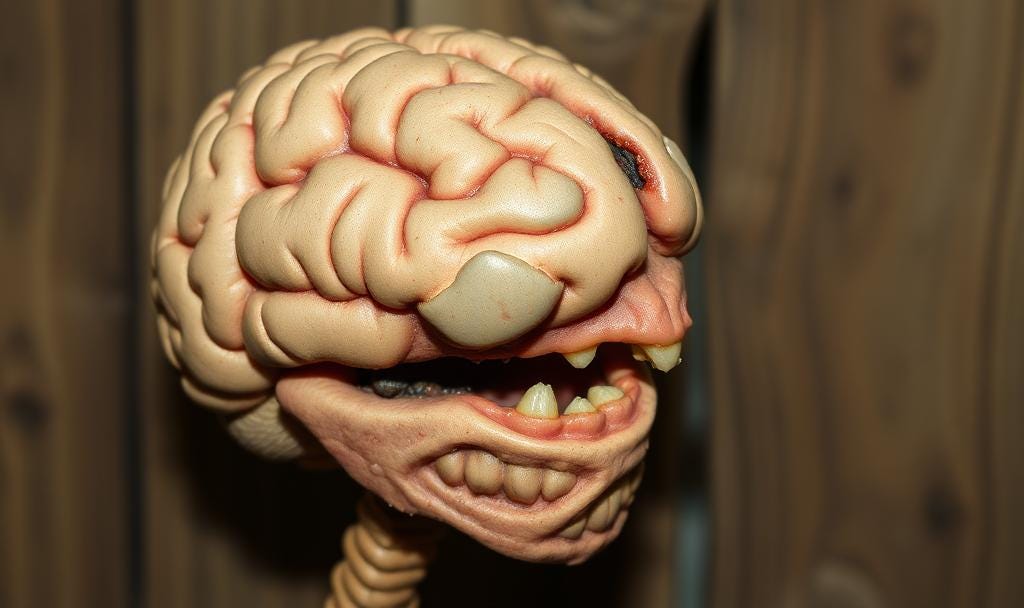
It is my hope that folks will come away understanding that I mean no disrespect, and I am sharing these views out of a sense of care for myself and for many of those suffering (you’ll see what I mean a bit further down).
As I have continued to find community here on Substack, quite naturally I have connected with others who are disabled by long COVID and/or ME/CFS, or who are otherwise immunocompromised. These are like-minded writers, advocates, and activists, using their limited energy (sometimes referred to as ‘spoons’) to educate, elucidate, and change hearts and minds around our illnesses. I am frequently in awe of the beauty and force of their words around the lived experience of these devastating illnesses as well as the related injustices that abound.
There are posts I have written here on certain aspects of this situation that I am deeply proud of, whether they be poignant or more light-hearted (sometimes both?). But just as often, if not more so, I read a piece by a fellow spoonie and I am envious of them, blown away by the passion, the insights, the craft. That some of these writers are even more disabled than I am just underscores my awe and admiration.
That said, and under the category of “not every post (or Note) can be a banger,” there are times when maybe the passion or craft is there, but the points being made do not land with me. (For the uninitiated, Notes is Substack’s version of a Twitter or Threads feed).
This is not so unusual, right? We are each our own person, with a complex, individualized soup of thoughts and feelings, born of differences in upbringing, culture, socialization, values, beliefs. Even individuals in a specific subgroup are not going to have exactly the same views and opinions.
Focusing in further on let’s say just long COVID patients, there are 200 identified symptoms and you’d be hard-pressed to find two long haulers with the exact same disease presentation. And although symptoms are not thoughts, my point is that while it stands to reason that two individuals with any shared experience wouldn’t think the same way, this is even more pronounced by the fact that even the common experience of long COVID is marked by some significant differences in illness manifestation.
Have I adequately set the stage here? If it seems like I’m fishing for permission to disagree with my fellow long haulers…
Get on with it, Amy
Okay, okay…so here it is:
Some of my fellow spoonies (not just on Substack, but in other social media spaces I’m in) are spending an awful lot of time and energy posting about how no one is masking anymore, or about the rationales for why the non-ill should show some basic goddamn care and respect (my words) for the vulnerable in their midst and keep taking ALL the COVID precautions.
And I am of the opinion that this particular train has left the station. That it has blown by all the stations, derailed off the tracks, and careened over a cliff, more than likely never to be seen again. In which case, we should conserve our energy and focus on different trains.
Allow me to explain.
Do I believe the COVID-19 pandemic is over? No, I do not.
Do I believe the overwhelming majority of people believe it is over? Yes, I do.
You know these people, because they are not just the woefully misinformed or uneducated (or worse yet, those who deny that the virus ever existed and/or who blame every problem on the COVID vaccine).
They are your neighbors, your closest friends, your relatives, your life partners. Your doctors (amazingly, even your infectious disease doctors, immunologists, and otolaryngologists, a.k.a. your ENTs). Their nurses and medical assistants (and if one more of these assistants asks me what long COVID is, I might seriously lose my shit).
It’s virtually everyone, really.
Including, perhaps painfully, the people who love you most, who ask you what precautions they need to take in order to visit you or to have you visit them. Even these kind-hearted souls who are performing short-term precaution theater for your benefit are carrying about the rest of their lives unmasked, in crowded settings, at all times of the year regardless of viral surges.
Yet you (we, because I’ve done this in the past too) spend time carefully crafting missives about what kind of craven society we live in that could so easily just abandon the vulnerable. A society that was, for a brief, shining couple of months in 2020, willing to cover up their individual pie holes not only to protect themselves, but to show the sincerest form of consideration for their fellow humans. The same society that, within a relatively short span of time, morphed into the “it sucks that you’re at risk of getting sicker or dying, but that is not me and I have brunches to go to” crowd.
A society that, even now - with all of the hundreds of thousands of published studies on the COVID-19 virus and on long COVID, and particularly on the multi-system harms caused by the virus and the acute dangers of reinfection - still turns a blind eye, still refuses to internalize these risks to themselves. As much as we have stuck these studies - or succinct, one-line summaries of these studies (because: short attention spans) - directly under their noses, imploring them to look out for themselves if they’ll look out for no one else, they still do not cover their respiratory openings, even during times of peak COVID activity.
When you have lost the ability to get people to pay attention in order to safeguard their own lives, forget appealing to their sense of decency around protecting other people.
It is for that simple reason that I stopped pouring my heart, guts, and soul into figuratively shaking people by the shoulders to say, “DON’T YOU SEE?! If it can happen to a youngish, healthy, fit person like me, it most certainly CAN HAPPEN TO YOU!!!”
Oh sure, for probably the first two years of my long COVID (a year before I even knew Substack existed), I posted feverishly on Facebook and Instagram trying to warn others. I wanted more than anything to be the cautionary tale that put enough fear into people that they’d look out for themselves. I posted photos of some of my weirdest symptoms, of my worn-out, ragged face attached to a previously vibrant and active head and body, spending days on end on the couch.
It shocked a lot of people at first. Some wrote to say that they thought of me when faced with taking a COVID risk and thought better of it. But shock eventually turned into pity, and pity turned into emotional distancing, a sort of cognitive dissonance that coincided with these folks also having simple pandemic “fatigue.” The kindest and strongest among them glazed over.
The messages by our governments and our media about COVID started mysteriously disappearing around this time, replaced by images of life being lived maskless, as before - of restaurants, travel, parties, concerts. The masses were lulled into a sense of restored safety, while those of us leveled by COVID or otherwise immunocompromised subtly started getting a different message from them, largely by omission: “the rest of us are moving on. Sorry if you can’t. You can just stay home.” (If you even still have one; long COVID has resulted in staggering job, relationship, and housing losses).
These forces have been, by and large, too strong for us to resist, particularly while enduring the hallmark symptom of our illnesses: little to no energy. Don’t get me wrong: the patient-led activism that has occurred since the beginning of the pandemic has been nothing short of historic and astounding. I consider myself part of that movement, having done numerous media interviews, podcasts, calls to action, etc. And strides have been made as a result: I read somewhere that COVID-19 (including long COVID) is currently the most researched disease in history. We’ve gotten our governments to fund some of this. In the U.S., we’ve gotten LC declared a possible disability under the ADA.
And then there’s the flip side: aside from thinking that everyday folks have ‘abandoned’ us, our governments are passing laws in some jurisdictions that criminalize our ability to even only protect our own respiratory openings (mask bans). In the U.S., our current president has barely uttered the words “long COVID” (to say nothing of the radio silence on ME/CFS). With the incoming administration’s dangerous ideas around health and safety, none of us would be surprised to have long COVID’s existence denied outright.
There is passive abandonment and then there is active oppression. We are left here in our homes, faced with the struggle of and hurts associated with that continuum.
Screaming into the void
I can’t help but feeling, particularly when it comes to widespread masking and risk mitigation, that we are screaming into the void.
And yet to some degree, I understand how our loved ones and (the unafflicted) society at large feels.
As has been said by multiple spoonies across various media, most of us: a) didn’t believe this disease could happen to us, b) could never have understood how terrible this illness experience was until we had it ourselves.
With regard to a), from the beginning we were told unsubstantiated untruths: if you’re young, eat right, exercise, don’t smoke or use drugs, COVID-19 will be like a bad cold or flu. In fact, we are told this message about most health conditions: do all the things you are told to do, and you’ll have good health. Or if you do get something, your youth, genes, and good habits will help you to bounce back quickly. But the world had never seen a virus like SARS-CoV-2. And while none of that messaging turned out to be true, the combination of the vaccines, milder or less infectious variants, and public deceptions (by omission or obfuscation) have most people back to believing once again that those things are true.
As for b), the evils of the long-tail symptoms of this virus cannot fully be grasped by those who haven’t experience them. Even among your most compassionate, empathetic friends and family. Even among doctors and researchers who pivoted their careers to try to understand the illness.
(I can give the best among all of them my most graphic metaphors: fatigue that feels like I have concrete blocks chained to each joint; neuropathic burning/buzzing that alternates between feeling like I have seltzer in my veins and feeling like I have an alien’s hand crawling up the skin of my neck and face; cognitive processing issues (often referred to ineffectually as ‘brain fog’) where I struggle to move my body through the simplest of tasks while music is playing or unrelated conversations are happening anywhere near me, because my brain can’t make sense of both things at once).
And so, to simplify: since both a) and b) apply to the majority of people, this is their truth:
the pandemic is over, COVID is akin to an annoying cold, and long COVID (if they’ve even heard of it) is a thing that happens to someone else.
We had to know that, with all this becoming true to the majority, masking and risk mitigation was never going to go on in perpetuity. So why do we keep expecting to change minds around this?
Again, don’t get me wrong. In my ideal world, the vast majority of individuals would wear a well-fitted N95 or KN95 mask like I do when out in public, let’s say for six months or a year or more, until COVID-19 is choked of its life and dies out or turns into an annoying cold (do not quote me on this, as I’m not sure this is sound science).
At the very least, I’d like all medical professionals in every setting to wear such masks during their working hours, given that sick people are more concentrated in these settings than anywhere else. (
’s recent post has some startling statistics on the frequency of COVID-19 infections in hospitals).I just don’t see any of this happening anytime soon, especially here in the U.S. Take a recent encounter I had as an example of why I think these efforts are futile.
Earlier this week, I had to go to my town hall to get my accessible parking placard renewed for another three years. After getting my new placard and turning to walk out, I ran into a woman I knew who worked for the town (prior to the pandemic, I was in this building at least monthly for committee meetings). We’ll call her Claire.
Claire stopped and greeted me warmly and asked how I had been doing (she knew I had to step down from the committee due to long COVID). Claire was unmasked, but I had on my KN95 and felt comfortable speaking with her. I shared that I am doing a bit better but still having tough days and not able to work yet. She responded with much kindness and care. But then Claire went on to tell me that she had had COVID three times, and even though she was up to date on the vaccine, the second time she got it, she couldn’t believe how awful she felt, describing to me a fatigue where she could not move off the couch. I nodded and rolled my eyes at how familiar that sounded. We finished up our chat, wished each other well, and I left.
Claire is as smart as she is kind. But she’s woefully uninformed about all the risks to her bodily systems and organs by having caught COVID three times (and we’ve all talked to those non-spoonies who recount for us how many times they’ve caught this thing - a virus more dangerous than the flu, a virus no one should be catching 3, 4, 5 times or more in fewer than five years). And thus, she’s moving through her daily life unmasked and seemingly mentally and emotionally unchanged by what this could mean for her daily life if let’s say the fourth infection is the one that takes her down.
It is because of people like Claire and because of all the other reasons above that I believe getting people to truly understand what we are all up against is a done deal. You can’t save people who don’t want to be saved. I think we should turn our limited energy to addressing things we can change.
Some other reasons
I deliver this perspective, particularly to my fellow spoonies who are still very much beating the drum of injustice around this, with a lot of understanding and care. Aside from feeling that we are pissing into the ocean on the specific topic of getting everyone to care about us and to mask, I feel that this type of futile communication is simply bad for our fragile nervous systems.
Staying worked up about a train that flew off the tracks and over a ravine keeps us revved up for a fight that we have little to no chance of winning.
We already know that a key aspect of our illnesses is dysautonomia, or nervous systems that are stuck in the sympathetic, fight-or-flight, “on” position. Just think back to a time since illness onset when you got emotionally keyed up about anything, even things unrelated to the illness, and how that made you crash with worse symptoms of fatigue, shortness of breath, brain fog, etc. in the hours, days, and sometimes weeks that followed. I for one have always enjoyed a good debate, but I find that I can’t go toe to toe with Baldy at the dinner table like I used to because even if I’ll enjoy the feeling of maybe “winning” the debate, adrenaline still courses through my body and I’m the one who will suffer later that night or the next day.
Likewise, I have been safeguarding my own nervous system from some of these lack-of-universal-masking-and-precautions posts/Notes because they feel like a poor use of the very specific brand of spoons that have to be reserved for getting overly excited about anything (good or bad). These types of reactions keep us outside of our “window of tolerance,” the place of equilibrium in our nervous systems where healing has a shot at happening, where life is meant to be lived most days.
(A word about trauma: having a history of trauma or trauma responses already makes it hard to stay inside this window of calm, alert presence and engagement. And the experience of long COVID or ME/CFS is definitely its own kind of life-altering trauma, making it even harder to stay in that window. But we know that the only way to heal your body and/or the emotional damage done by trauma is to consistently find ways to get into that window of tolerance. A skilled therapist helps, as does a meditation practice and nervous system reset work).
I’ve done a lot of work over these past few years to examine and change who I fundamentally am in response to this illness: a highly sensitive person, someone with strong feelings and opinions about almost everything, someone whose body reacts quickly to and holds onto stress. I attribute my strides in recovery to this difficult, deeply introspective, daily work. I can little afford to be agitated by the totality of the shitshow.
Personally, I’d prefer to use my spoons for the trains that are still on the tracks, at least for now (advocating against mask bans, advocating for funding, providing educational info via this newsletter to those who choose to read - nearly 1500 subscribers and more joining every day).
For the most part, I have let go of the expectation that others will protect me (with some exceptions, like asking family/friends to test before sleepovers or intimate indoor gatherings). Instead, I focus on my own risk analysis of a given situation. I am lucky that KN95 masks happen to fit my face really snugly (one of the benefits to this German shnoz - thanks, dad), so in public I feel pretty well protected most of the time.
And I lay out reasonable expectations for those close to me. For example, I do meet friends in restaurants, coffee shops, etc., but I generally request that we meet during a weekday at off-peak hours, if at all possible. Or if the weather is nice, I ask to meet at a place with outdoor seating. I am a social person by nature, so the cost/benefit analysis for me comes into play: will this outing be good for my emotional health, even if there’s some risk involved? If it’s an event that I have no control over and I really want to attend, am I okay potentially wearing a mask the whole time, and being the only one to do so? (on rare occasion, I’ve made exceptions to this).
Is any of this ideal? Am I perfectly protected? Certainly not. There are days when it still feels like this meme that went around in 2020:
But I have made my peace with the fact that I am the one who has to look out for myself and decide what risks I’m comfortable taking. And although some of this is sheer luck, I am fortunate to have only had one known COVID-19 infection in these five years. This gives me a sense that my precautions are working reasonably well for me.
Bringing this in for a landing
Again, I recognize that not everyone will agree with the stance I’ve taken here. There is certainly an argument to be made for activists who don’t give up, even when a problem seems intractable. But to my mind, both individual and collective activism needs some footing, if even just a toehold, for the powers of persuasion to have a shot. I am of the opinion that we don’t have (and haven’t since 2020) the footing necessary to try to convince society or even those in our circles to mask most of the time. With the denial and disinformation around health that characterizes the incoming administration in the U.S., I am not hopeful that it will come back anytime soon.
I choose to preserve my energy in this way. You may not, and that is of course your choice. But I do hope you will consider the costs.
Above all, I wish you a new year filled with prioritizing and balancing your well-being in whatever ways you deem appropriate.
Long post this week, so just a sprinkling of link(lings).
The Antidote #30
COVID, Long COVID, and ME/CFS
🦠 What COVID-19 Does To The Body (Sixth Edition, December 2024)
🔢 Long COVID prevalence: 8.4% of U.S. adults have or have ever had the condition, according to this study.
💉 Vaccines and long COVID: three doses associated with lower risk, according to this study. (also, here’s a poll on vaccine confidence among the chronically ill).
🚸 Children and long COVID: a 24-month study.
💰 Financial hardship and long COVID: an analysis showing what we already know, with lower income groups being more greatly impacted.
💤 ME/CFS and sleep: a new study underway to assess how sleep quality affects fatigue.
Webinars/conferences/podcasts/videos
❤️🩹 Recovery Themes from 200 Interviews: What ACTUALLY Works.
💓 Dysautonomia and long COVID: a
podcast episode.⚕️ Debunking four medical myths: video by Dr. Eleanor Stein (open page and go to first video).
💊 RECOVER-Treating Long COVID (RECOVER-TLC): a webinar on January 10th with updates. Register here. (Also, to submit ideas for Long COVID treatments and biomarkers, volunteer for working groups, and provide feedback on the next phase of Long COVID clinical trials, go here).
🩸 Menopause webinars: one on vaginal estrogen and another on Black women’s experiences with menopause and the doctors who care for them.
Health miscellany
🩺 American healthcare: seven reasons why it’s so expensive.
🥼 Healthism: an introduction to the term and how it applies to wellness culture.
🤒 Healthcare is sick: a graphic representation.
👎🏼 Health insurance denials: a tool by ProPublica to find out why your claim was denied.
👩🏻⚕️ Doctors’ appointments: helpful advice on how to get ‘em by
.👩🏽🦰 Sick while female:
asks if she’s sick because she’s a woman.⚠️ Children in Gaza: death feels imminent for 96% of them, a new study shows. Unbelievably tragic.
🍇 Food recalls: What to know about recent outbreaks, food safety tips.
Now stick around for…
🥳 The After-party 🥳
Added resources, joy, tomfoolery, and buffoonery
🎁 Gift guides! By three different spoonies, to boot: one by Keisha, another by Dr. Zeest Khan, and another by Lesa.
💩 Poop! check out
new Substack, Gotta Go (All Things Poop). It’s a bowl full of well-formed hilarity and education!🤳🏽 Why Does It Suddenly Say "RCS" in Some of Your Texts? Here's How It Could Be a Huge Security Risk.
📨 USPS scam texts: if you get one, do this ASAP.
❄️ Embracing Winter: A Time for Rest, Reflection, and Resilience.
🎶 Enjoy this beautiful song by Coldplay and the video, which is a tribute to Dick Van Dyke. I’m not crying, you are 🥹
🤦🏻 Buffoon of the week: this Texas schoolteacher who got fired because they wouldn’t let their students go to the bathroom and they peed themselves. Barbaric.
🏆 Winner of the week: India’s Gukesh Dommaraju becomes the youngest world chess champion ever at age 18. Congratulations, Gukesh!
🐈⬛ 💩 And finally, it’s this week’s Cat Dump. Birdie-in-the-box edition. Plus, 10 Fascinating Facts About Your Cat's Paws.
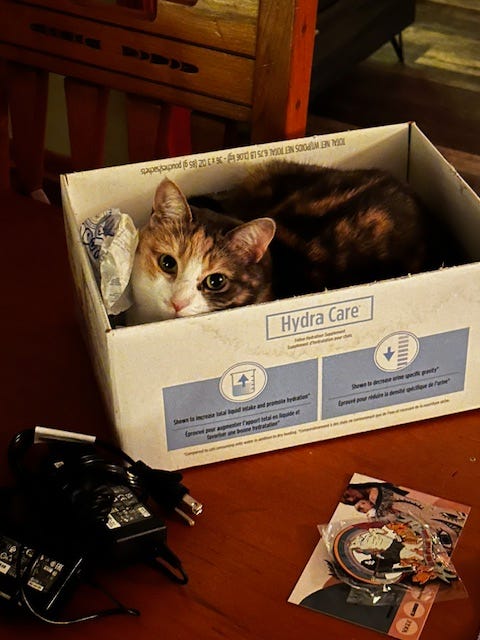
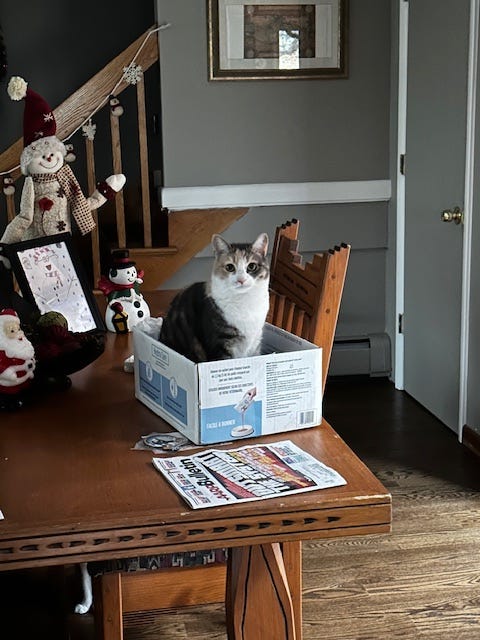
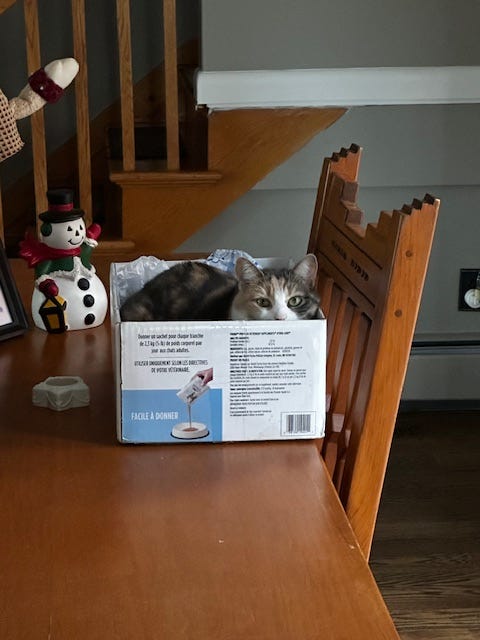
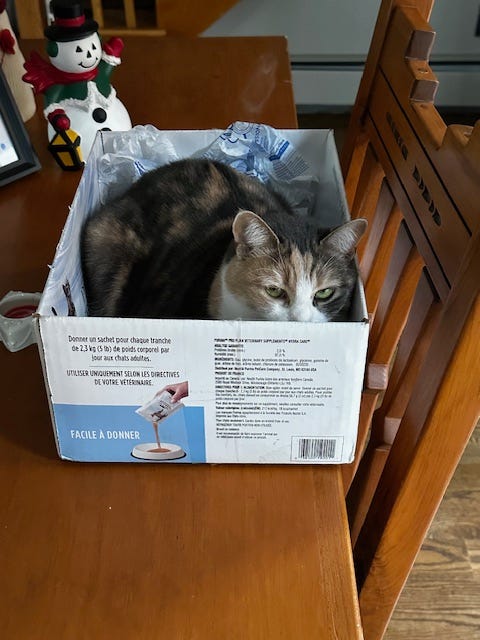


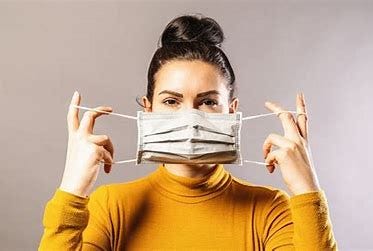



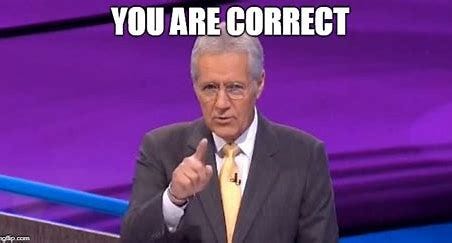
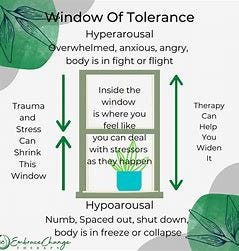
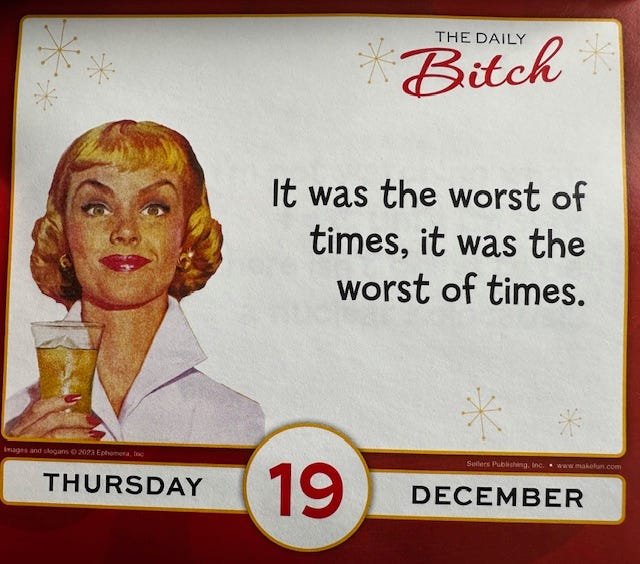
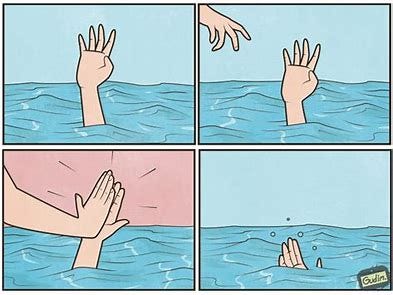



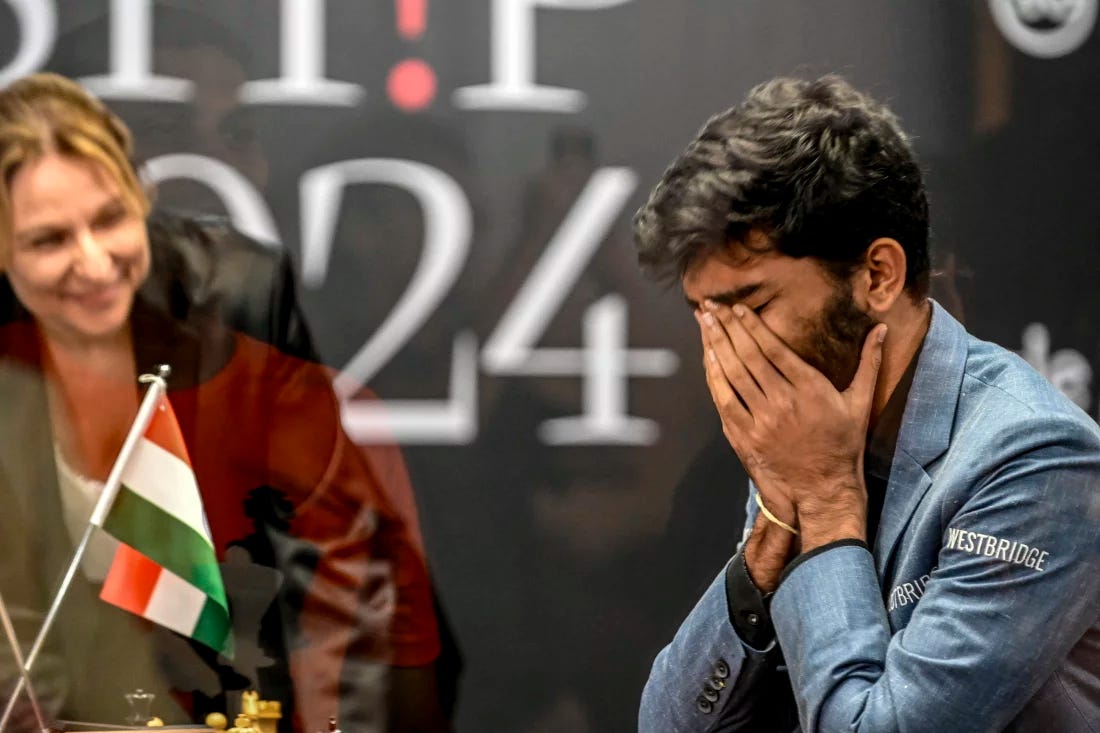

Great read, I really get where you're coming from, but it does feel like things could be improving here a bit. Recent positives around this for me have been setting up a masked arts and crafts group for chronically ill people and as a result of that another group of mostly healthy people offering to mask at another group I run. This has led to someone else wanting to run monthly masked events at the same place. Other places in the UK are starting to run masked and air purifier music gigs and other events. Some of my masked group are making headway meeting with politicians about hospital masking and air purifiers in schools and decent mask supplies to give out to the public. I don't think it'll suddenly change everything at all but I'm hopeful we can make more safe social things for people like us! X
It has been surreal to watch this pandemic from the perspective of someone who, in 1994, had an incredible future ahead of them (Stanford Masters degree, position at Stanford in disease prevention research and having been accepted to all of my top picks for my PhD.) and then everything I had worked for evaporated in a matter of a couple months. And then, in stark contrast to the internal chaos and cacophony of my life crashing down around me, silence.
Very few cared, no one understood and absolutely no one with any real power was willing consider that ME/CFS was anything other than the manifestation of some emotional glitch.
At every turn with LC, I've been both horrified and reassured. Horrified that it's happening on this scale and reassured that I in fact had experienced what I had recalled experiencing.
FWIW, I did find the very real and, for me, very treatable physical damage that had been mislabeled as ME/CFS. We even published an incredible study in the middle of the darkest COVID days and ... silence.
So yeah, gathering and being incredibly careful with your spoons is one of the essential life lessons for a person with post-infectious damage.
Being realistic about what you can and cannot do as well as figuring out what it is that you want to do.
I guess this is my long-winded way of saying that this feels like you're on the right track. Take good care of you and try not to let the indifference of others affect what you know.